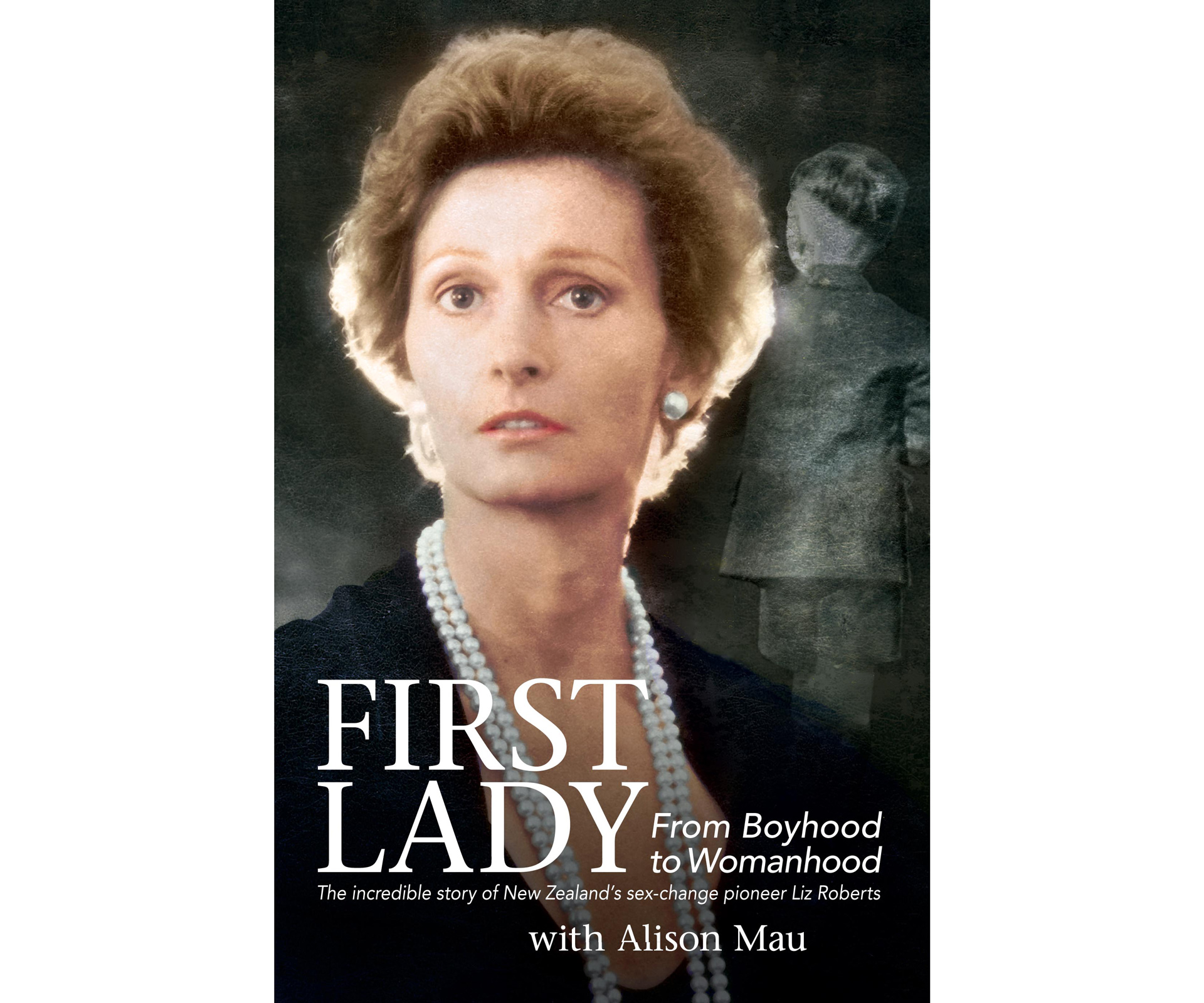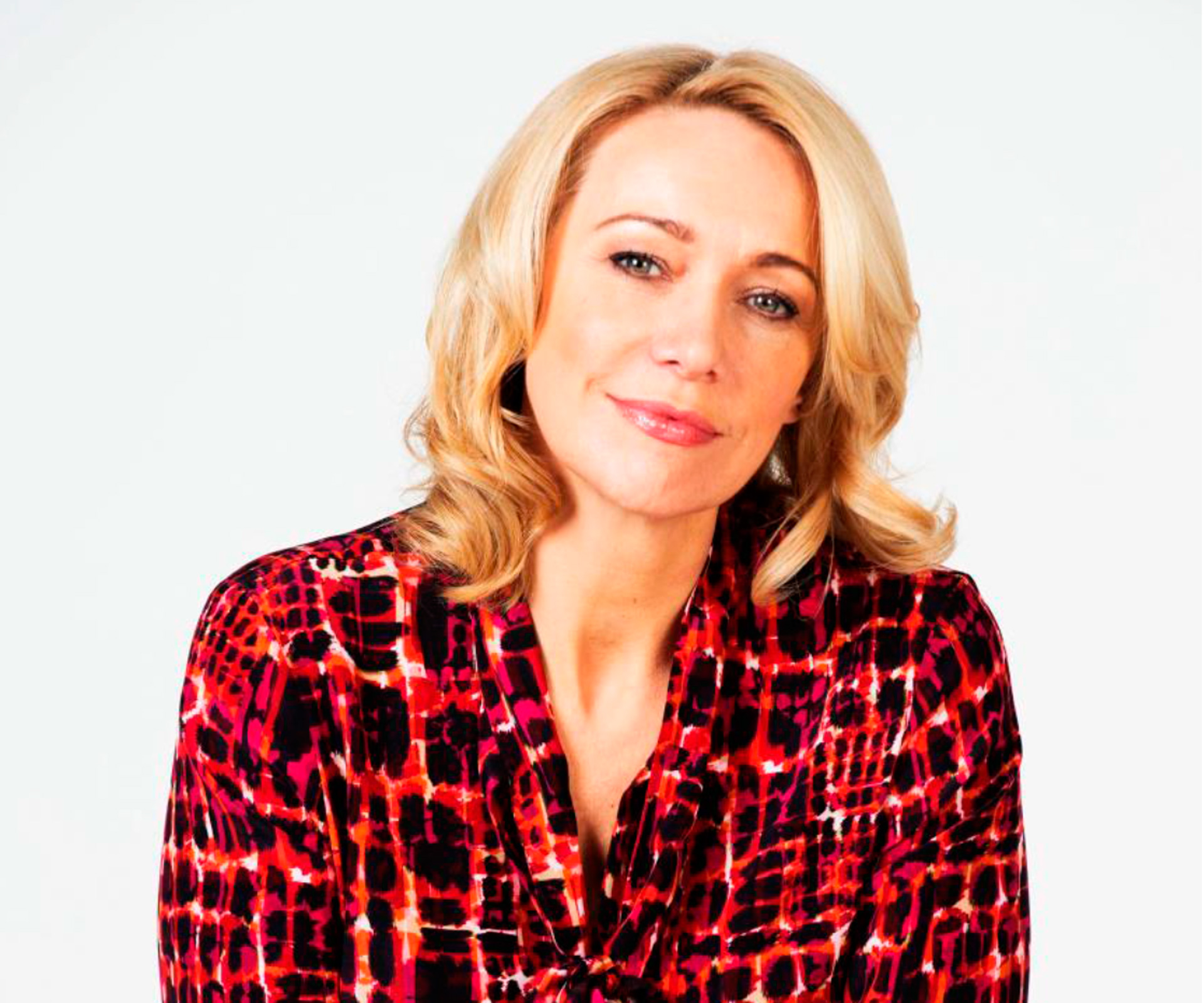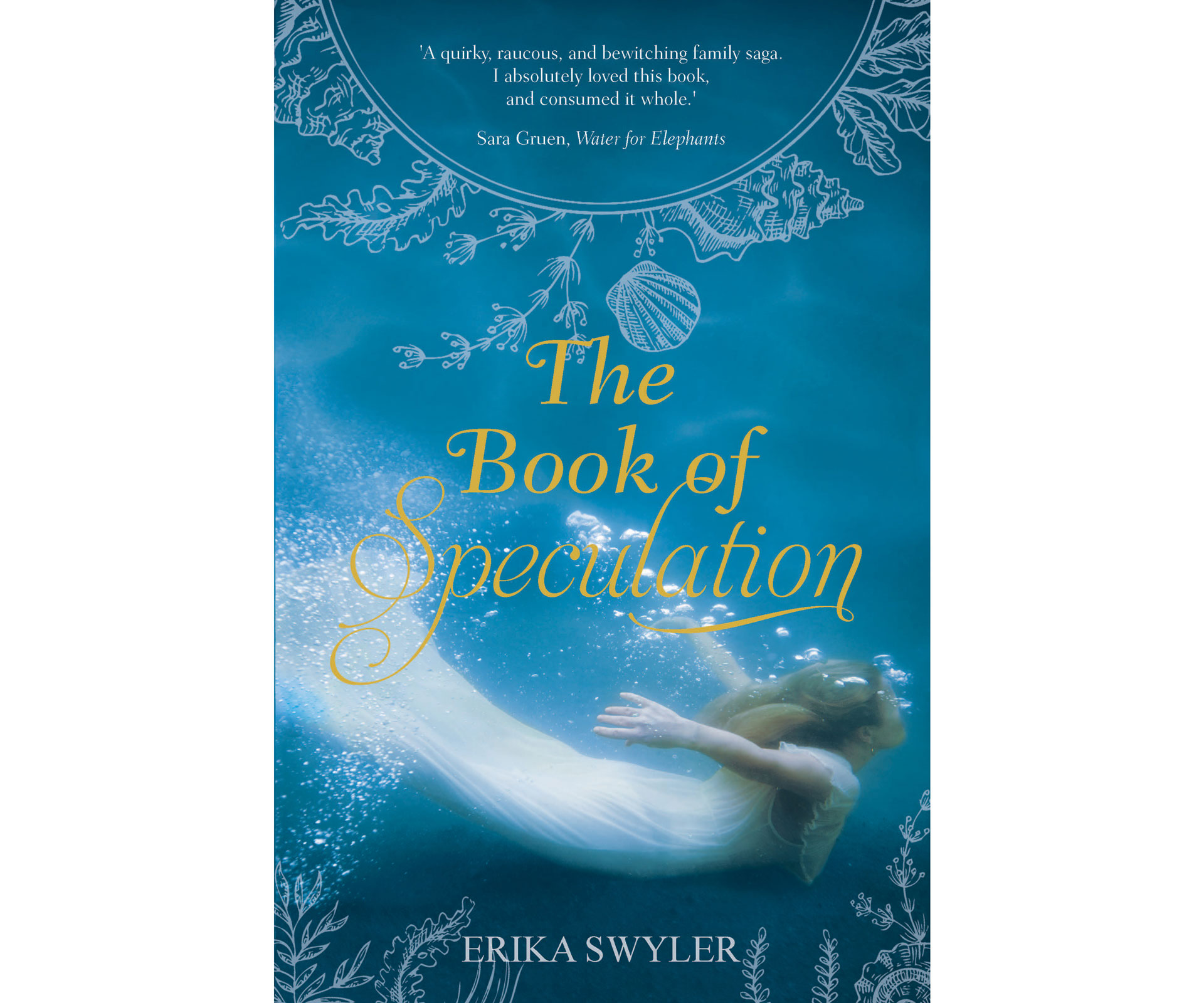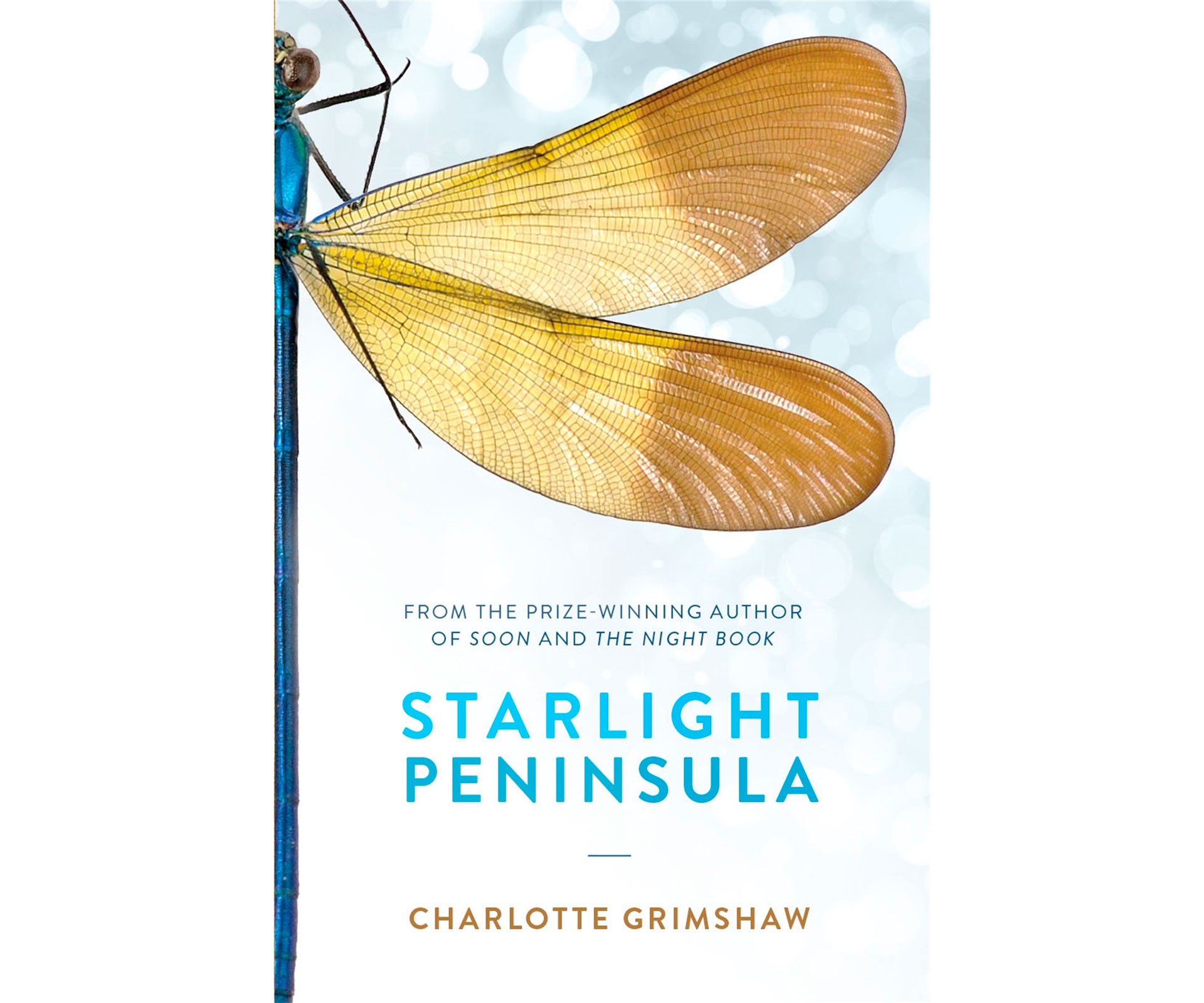We know you as a broadcaster; how much writing had you done prior to penning this book? I was a feature writer for The Herald in Melbourne in the 1980s, writing pieces of up to 2000 words. But other than the ‘novels’ I was obsessed with writing in my early teens, where I’d get a few chapters in and lose interest, that’s about as lengthy as it got. The concept of 60,000 words was almost unimaginable; it seemed a huge task. Of course the deadline soon sorted me out.
What was the process like? My first interview with Liz was at a posh Auckland restaurant among the ‘ladies who lunch’. We began that day with her earliest memories. After that I would meet Liz at her home and we would spend up to a couple of hours each time in conversation over scones and coffee, talking about whatever caught our fancy. It made for lively conversation, but meant I had to work much harder knitting it all together in chronological order when I sat down to write the book. Next time I’d probably be a bit more disciplined about keeping to a timeline.
Ghost-writing can be very challenging – how did you get inside Liz’s head and find her voice? I was determined to get that right; it had to sound like Liz on the page, or I had failed! Fortunately for me, she has a wicked sense of humour and a rather colourful turn of phrase, but I still spent a lot of time refining. Liz has that stoic manner that tends to dismiss even the most tragic of events and attitudes as ‘just life’, and we’d sometimes have to go over an incident on multiple occasions until I could coax the raw story out of her.
How did it affect you emotionally hearing Liz’s story? Hearing a firsthand account of the brutal way society treated people like Liz, especially before the law reform 30 years back, was very affecting. In some ways, people like her were treated as sub-human – it beggars belief that we could count ourselves as an enlightened, progressive society and then behave in that way towards our citizens. I was excited in a way too, because I knew from the moment we first spoke that there was a great story there, but it just got better and better, and funnier and more horrific, throughout the interview process.
Has the experience had any lasting impact on you? It’s left me with a much better understanding of the challenges faced by those who are somehow ‘outside the norm’ and how important, and hard in some cases, it is for a person to feel whole.

What have you learned about pulling together a book? You can’t avoid the hard work, eventually it has to be done. I’d always wondered whether the ‘write something every day’ rule was really true, and discovered that yes, it is for me. If I let enough time go past without writing at least a few hundred words, I lost momentum and motivation. Also, I now know what my ‘process’ is: write a chapter, rewrite, rewrite, put it in a drawer for a month, pull it out and rewrite. This will be very helpful next time I reckon.
So there will be a next time? Oh yes. Funnily enough, although I’ve spent most of my career in broadcasting, I’ve always considered myself a writer first, and I’ve tootled along knowing that one day I’d become a published author. To have got there at 50 means I can tick off a major bucket-list item! I am taking a wee breather, but I can’t stop at one.
Factual or fiction? I’d like to think there’s a novel there, but I enjoy the challenge of doing justice to the life of someone else.
If you were to write another biography, who would be your dream person to profile? A major sports star – more money in that kind of biography! Seriously though, I think as a journalist I’m wired to look for the hidden stories, the ones that haven’t yet been discovered. There’s such extraordinary material in otherwise ordinary lives.


